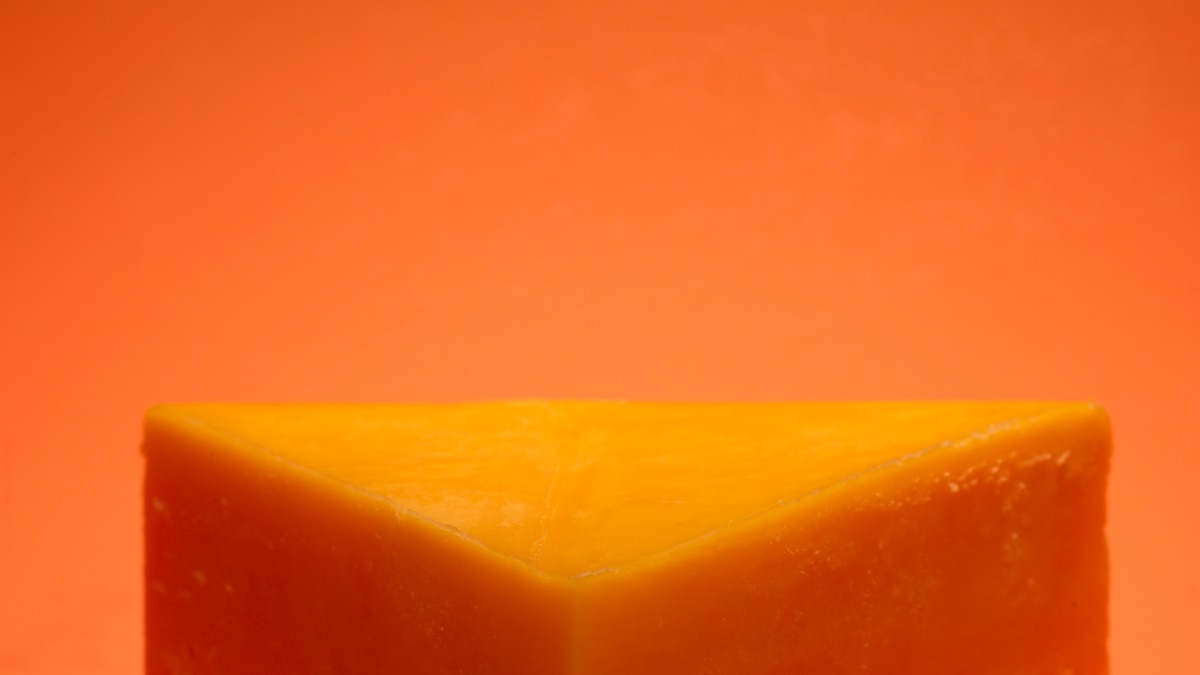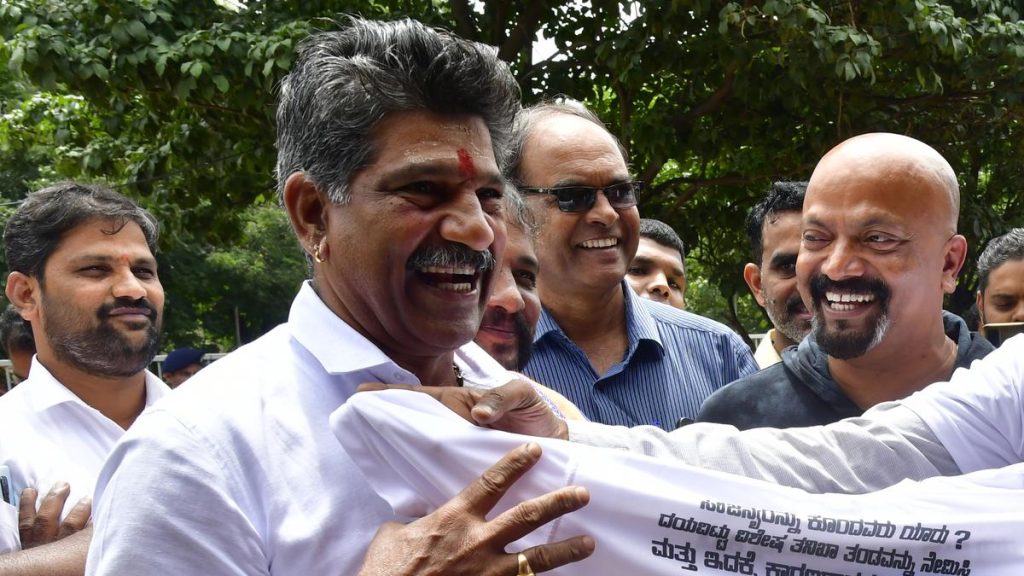Now Reading: Can Your Diet Influence Your Dreams?
-
01
Can Your Diet Influence Your Dreams?
Can Your Diet Influence Your Dreams?

Speedy summary
- Anecdotal claims have long linked eating cheese before bed to nightmares; studies and cultural references explored this belief.
- A 2005 British Cheese Board study suggested stilton induced “weird dreams,” while Cheddar caused celebrity-related dreams. The study was not peer-reviewed.
- Recent research in the journal frontiers in Psychology found lactose-intolerant individuals with severe gastrointestinal symptoms experienced more nightmares post-dairy consumption.
- Neuroscientist Tore Nielsen posits that bodily pain or sensations during sleep can influence dream content.
- Survey findings:
– Only 5.5% of participants attributed their bad dreams to food, primarily dairy products like cheese and pizza.- Nightmares correlated with ignoring satiety cues and relying on external time-based eating patterns rather than hunger signals.
- Poor diets (e.g., high saturated fat, low fiber) are linked to disturbed sleep fragmentation; foods influencing sleep cycles may heighten dream recall due to frequent awakenings during REM stages.
Indian Opinion Analysis
The growing exploration into diet’s impact on dreaming underscores broader intersections between physical health, mental states, and cultural beliefs worldwide. For India-a country balancing diverse culinary traditions alongside increasing incidences of lifestyle disorders-the findings serve as a reminder about the importance of dietary habits on both physical well-being and mental health.
Indian cuisine often involves high dairy consumption like paneer and milk-based sweets, making lactose intolerance an under-discussed issue despite its prevalence among certain groups.The association between gut discomfort from intolerances and disrupted sleep resonates strongly with growing concerns about digestive ailments influenced by modern eating practices.
Additionally, the emphasis on mindful eating aligns closely with customary Indian principles such as “Ayurveda,” which supports balanced diets attuned to bodily rhythms over time-bound patterns established by external routines. Such scientific insights could enrich public understanding about applying ancient practices into modern lifestyles without oversimplifying folklore connections-or vilifying specific foods like cheese-as causes for nightmares.
























